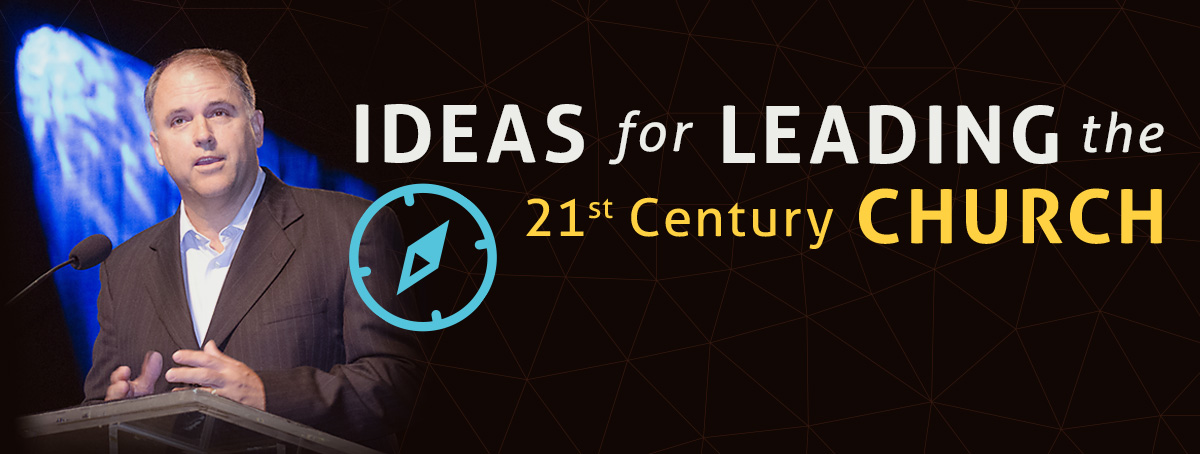The turning of a new year brought celebrations, resolutions, and new health club memberships! On a more serious note, for many people and organizations, including churches and their leaders, it was a time for reflection, and then a refocus toward the future. The turning of a new year provides churches the opportunity to reflect on what is “their” business and “how is” business.
Reflection
While there are churches which had banner years and we rejoice with them, sadly overall 2016 was another year of major declines for churches and Christians. During the year, some 8,000-10,000 churches in the U.S. closed their doors and discontinued all ministry and mission efforts as a gospel witness. On December 31, 2016 some 300,000 less people professed that they are Christians than they did on January 1, 2016. While the statistics vary, too many pastors are discouraged and too many are leaving church ministry. Many church leaders and pastors are frustrated by the lack of progress and 48% in a survey of 1,500 pastors indicated they often feel the demands of ministry are more than they can handle.
Sound the Alarm, BUT don’t panic, as we are not without hope. However, we cannot continue to function in a faithful fashion without considering all our ways.
With the church in the US is in such decline, forward leaning churches evaluate their church ministry systems in light of the objectives of the church. When necessary, advancing churches are making adjustments or are considering complete overhauls of the major systems of the church: particularly the people-reaching/conversion approaches, discipling processes, and leadership development systems.
The external and internal factors impacting churches are numerous, intertwined, and often unnamed. However, naming a few of the challenges may provide some new handles to church leaders. Here are a few to factors to consider that are at play in every church in the world…
- Spiritual – The church has a spiritual enemy and is in a constant battle. The enemy is actively seeking to destroy churches and people, uses schemes, and does not play fair.
- Flesh – All churches are impacted by the fact that we as people are fallen beings and have the short-comings that accompany the flesh.
- World – We live in a world and radically changing culture that has values that are counter to the values of Christ. And, the shapers of perspectives and values in the US are experts in influencing both those who know Christ and those who do not.
- Organization – The church is an organism that wears organizational clothes. Sometimes there is a good fit, good communication, and helpful norms. However, some of the challenges come from having systems that don’t currently fit the demands before the church.
Just as in war, the battlefield terrain and environment matters. The strategies, operations and tactics must adjust to fit and support the situation on the ground. Today, churches in the U.S. function in a radically changing culture, bringing complexities, new challenges, and new opportunities in tow. Our strategies, operations and tactics must adjust to help the church accomplish its assigned mission.
Pastors and church leaders of established churches are inheriting the essential systems that were designed to reach the lost, grow the saints, and develop leaders in a foregone era. Leaders evaluate both how the systems are working today and whether adjustments or new systems are needed to address the emerging changes in their ministry environment.
Other Factors
Among other factors, here are a few perspectives for consideration regarding many of our historic ministry systems designs. Our systems and approaches were designed and developed…
- for different cultural times and based on Western educational approaches that have less application and impact today.
- when the church was the center of the community.
- when there were more nuclear intact families, with two-parent homes, and more moms at home with the children.
- when people were lost, but often closer to the conversion line of faith than they are today, as they held more of the foundational beliefs associated with Christianity,
- when life, including family life, was less complex and more personal and communal than today’s environments with its more modern technological advances.
- when the American values and communities were more influenced by Judeo-Christian values.
Refocus Forward
The church is an advancing body of people who are seeking to live out the Great Commandment and carry out the Great Commission. How a church trains leaders, develops disciples, and reaches the lost through conversion really matters.
On Jan. 26-27, through the ministry of The Church Strengthening Network, I will be leading a two-day training workshop on the conversion and reaching systems and approaches of local churches. The event is titled “Forward Church Growth: Strategic Systems & Fresh Approaches for Kingdom Advance”. Each participating leader or team will not only explore the facets of a growth system, but also develop a framework of a strategy for their church, share it with the group, and refine the strategy with post-conference follow-up advisory calls with the conference leaders.
Training Conference:
Details & Registration for the two-day workshop: Forward Church Growth: Strategic Systems Fresh Approaches Tickets
Join in on Facebook discussions: Facebook: Church Strengthening Network
